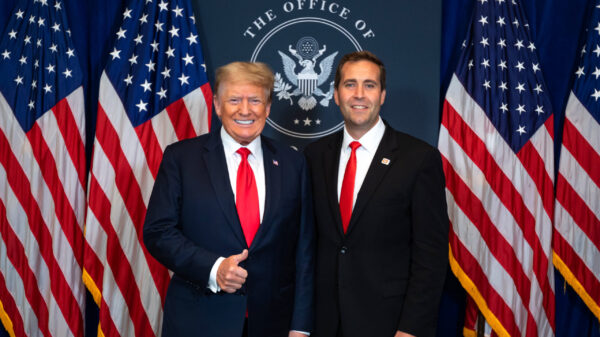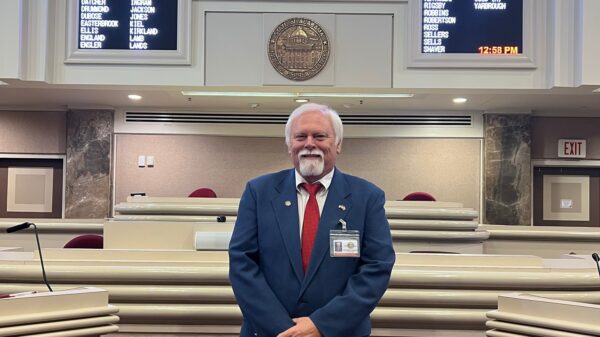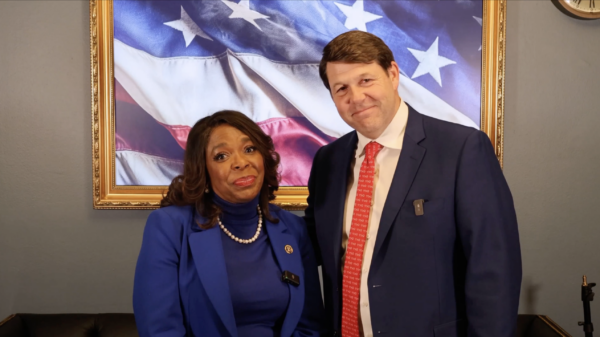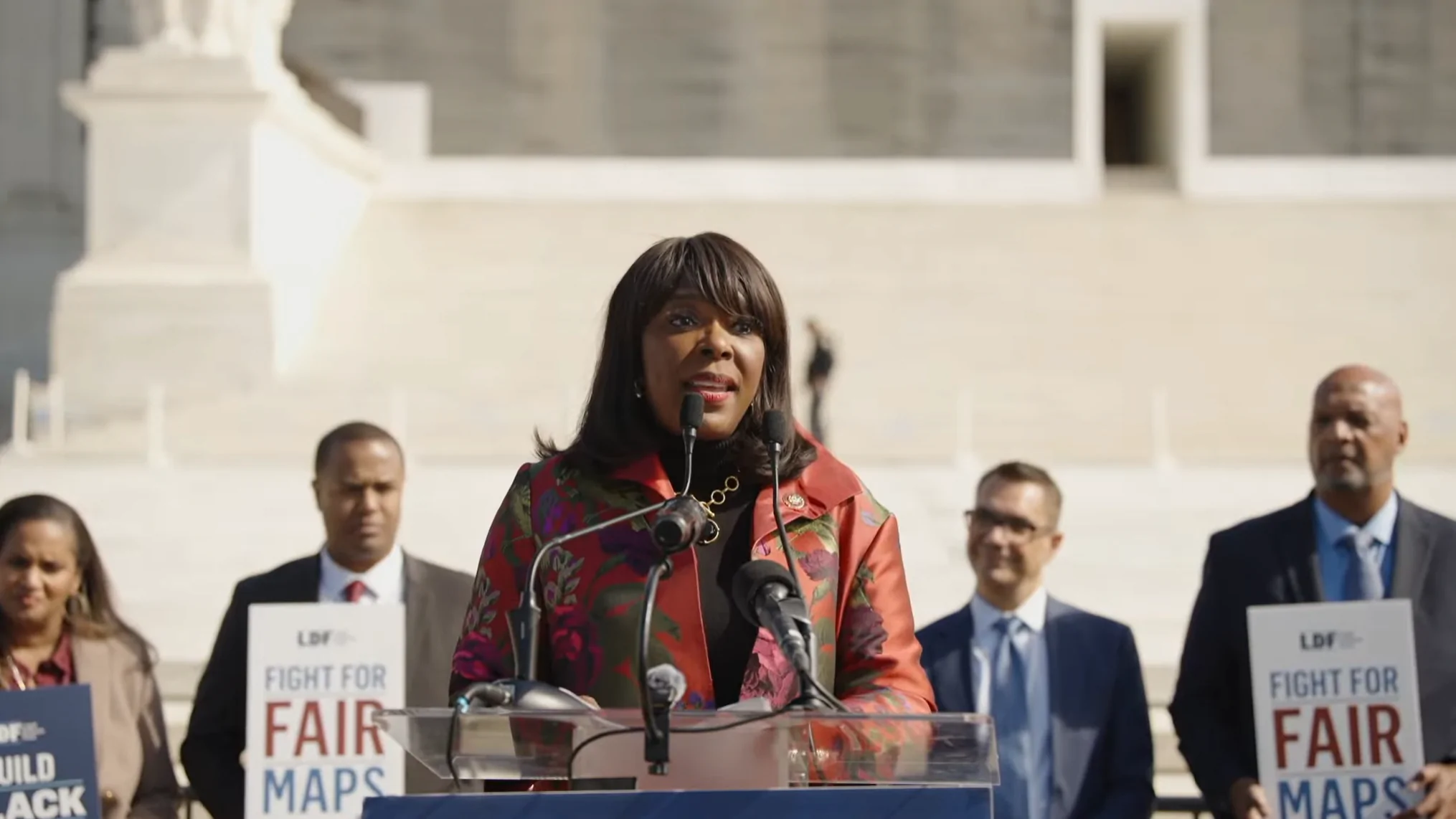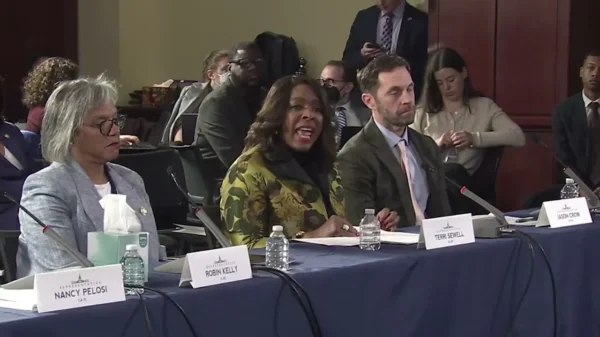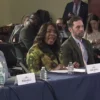The Supreme Court heard oral arguments in the voting rights case Louisiana v. Callais on Wednesday. Conservative justices seemed markedly skeptical of the proffered arguments in favor of Section 2 of the Voting Rights Act, which allows people who believe their right to vote has been abridged to seek redress in the courts.
Section 2 of the VRA has been the linchpin in litigation efforts meant to address racial gerrymandering in Alabama, most notably in the case Allen v. Milligan which led to a special master redrawing the state’s Congressional districts.
Louisiana v. Callais revolves around the constitutionality of courts’ ability to require maps containing majority-minority districts under the VRA.
The state legislature in Louisiana initially approved Congressional district maps in 2022 that only included one Black-majority district out of six total, despite a third of Louisianians being Black, which was successfully challenged in court.
Then, the legislature approved new maps with two Black majority districts in 2024. In response, self-described “non-African-American voters” challenged the new maps, alleging that the redrawn maps were also unconstitutional racial gerrymanders.
“Six appellate judges affirmed findings that Louisiana, in the face of extreme racially polarized voting, packed and cracked Black voters, and it rejected seven non-dilutive maps in favor of one that would give its 58 percent declining white electorate entrenched control over 83 percent of the congressional districts,” NAACP Legal Defense Fund president Janai Nelson recounted to the justices early during her time on Wednesday.
The Supreme Court was initially supposed to rule on the case during its last session, but instead sent it for reargument and requested additional briefs on the constitutionality of “majority-minority” districts.
During the last session and before the justices had indicated they would be reconsidering the constitutionality of majority-minority districts, Louisiana Attorney General Liz Murrill had defended the court-drawn maps. But on Wednesday, the state’s representative, Solicitor General Benjamin Aguiñaga, frankly argued that “race-based redistricting is fundamentally contrary to our Constitution.”
Lawyer Edward Greim, representing the “non-African-American voters,” similarly argued that “voters like the Appellees are still being racially stereotyped to place them into single-member districts.”
“Murrill’s defection ended state Republican leaders’ strange bedfellowship with Black voters who challenged the 2022 version of the congressional district map,” Piper Hutchinson reports for the Louisiana Illuminator. “Both supported the 2024 map, but their alliance came to an end in September when Republicans and groups supporting Black voters filed opposing briefs.”
When asked by Justice Clarence Thomas why Louisiana had changed its position, Aguiñaga explained that the Supreme Court’s request for reargument had teed up an argument that Section 2 of the VRA, “insofar as it requires race-based redistricting,” is unconstitutional.
Justice Neil Gorsuch repeatedly asked Nelson whether courts could “discriminate on the basis of race” when drawing maps to comply with the Voting Rights Act. Fellow conservative Justice Brett Kavanaugh similarly stressed “temporal limits” on race-based remedies.
Kevin Morris, a voting policy scholar at the Brennan Center for Justice, posted on the social media site Bluesky that “the conservatives’ argument boils down to this: The Constitution forbids racial discrimination but — oops! — any race-conscious response to race discrimination is ITSELF discriminatory.”
The eventual decision in Louisiana v. Callais appears very likely to have major ramifications for the redistricting process in Alabama.
Responding to a question from Justice Ketanji Brown Jackson, Nelson noted that “Allen v. Milligan is a nearly identical case” to Louisiana v. Callais.
Alabama Attorney General Steve Marshall also said earlier this year that the Supreme Court’s decision on Louisiana v. Callais could affect ongoing lawsuits over redistricting in Alabama, depending on the decision’s scope.
And in September, Governor Kay Ivey appeared to request a decision that would end the “virtually impossible task of protecting some voters based on race without discriminating against any other voters based on race” in her announcement that she would not call a special session after a judge ruled state senate maps violated the VRA.
“If any district understands the importance of the right to vote and fair representation, it’s my district,” Alabama Congresswoman Terri Sewell declared at a press conference organized by the NAACP Legal Defense Fund and held outside the Supreme Court.
“It was in my hometown 60 years ago where John Lewis and those foot soldiers were bludgeoned on a bridge,” Sewell said. “And I have to tell you that I carry that legacy with me. I know that I have the seat that I sit in because our ancestors—our foremothers and forefathers—fought for the right to have fair representation.”
In a public statement issued after oral arguments, Nelson asserted that “the Supreme Court has an opportunity to reaffirm this nation’s commitment to a multiracial, multiethnic democracy by standing firm on its recent decision in Allen v. Milligan just two years ago, enforcing the Voting Rights Act to ensure fair districting free from racial discrimination.”
Long-time observers and critics of the Supreme Court, however, stated on Wednesday that the conservative majority seems very likely to eventually curtail or seriously upend Section 2 of the Voting Rights Act, despite some justices’ apparent disagreements with Louisiana’s arguments.



